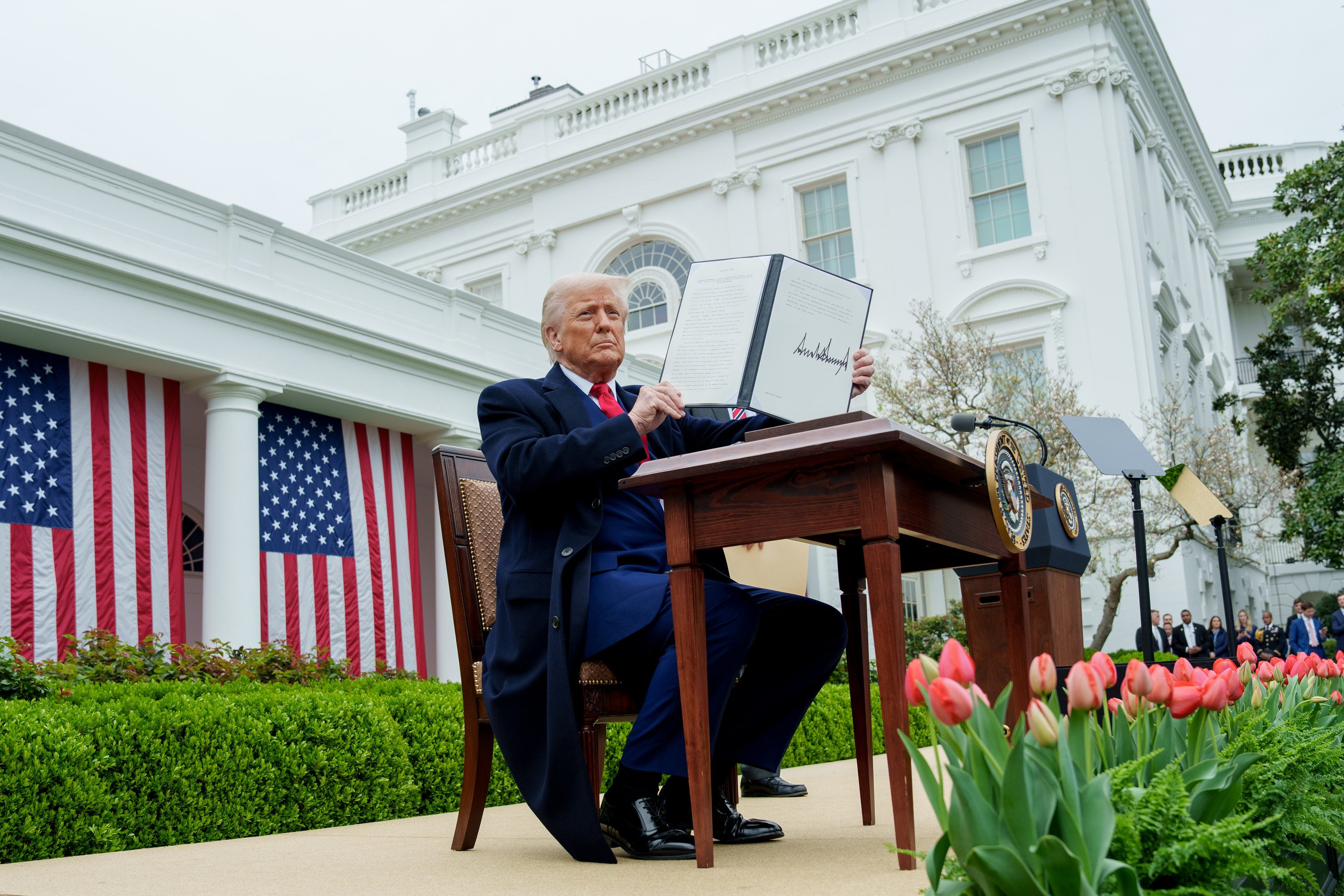Justice Department Urges Supreme Court to Reverse Ninth Circuit in Bauman v. DaimlerChrysler
Last Friday afternoon, while many people were enjoying a long July 4th weekend, the Obama Administration quietly filed a remarkably strong amicus brief urging the Supreme Court to reverse the Ninth Circuit’s decision in Bauman v. DaimlerChrysler.
Published by The Lawfare Institute
in Cooperation With

Last Friday afternoon, while many people were enjoying a long July 4th weekend, the Obama Administration quietly filed a remarkably strong amicus brief urging the Supreme Court to reverse the Ninth Circuit’s decision in Bauman v. DaimlerChrysler. The Justice Department argued that the Ninth Circuit’s 2011 decision finding personal jurisdiction in California over Daimler AG, a German company, for the actions of a subsidiary in Argentina, was “seriously flawed” and contrary to the Supreme Court’s subsequent 2011 decision in Goodyear. The brief faults the Ninth Circuit for trying to hold a foreign corporation with few contacts to California to “answer in that State for any claim against it, arising anytime, anywhere in the world.”
The brief is noteworthy for its emphatic support of Daimler and for its concern that “expansive assertions of general jurisdiction over foreign corporations may operate to the detriment of the United States’ diplomatic relations and its foreign trade and economic interests.” The brief may also reflect a further evolution in the Administration’s approach to human rights litigation: although the Administration had argued in its initial brief in the Kiobel case that corporations may be held liable for human rights violations, the Bauman amicus brief is more consistent with the Administration’s second brief in Kiobel, in which it argued that the Alien Tort Statute should not be applied to reach Shell Oil’s activities in Nigeria.
By way of background, as I explained in this post last year about recent Ninth Circuit decisions, in May 2011 a Ninth Circuit panel held that that Daimler AG, a German parent company with no operations or employees in the United States, could be sued under the Alien Tort Statute and the Torture Victim Protection Act (as well as common law and state law) by a group of Argentine nationals for human rights abuses allegedly committed by an Argentine subsidiary in collaborating with the Argentine government during the “Dirty War” in the 1970s, solely on the basis that a different U.S. subsidiary now distributes Mercedes Benz vehicles in the United States. Applying an agency theory, the panel concluded that Daimler AG had sufficient contacts with the state of California by virtue of the actions of its subsidiary Mercedes Benz USA to give California personal jurisdiction over the German parent , even though Mercedes Benz USA had no involvement with the alleged facts in Argentina.
The Supreme Court granted cert in April, and many observers believe that the Court would not have accepted the case unless it plans to reverse the Ninth Circuit. Conservative justices are loathe to miss an opportunity to try to curb the Ninth Circuit’s consistent efforts to be a world court, and the more liberal justices may have wanted to demonstrate (as Justice Breyer argued in his concurrence in Kiobel) that the extraterritorial reach of the Alien Tort Statute can be limited by other jurisdictional restrictions.
The Justice Department brief is interesting in several other respects, as I explain below the break:
1. Although the Ninth Circuit’s decision, and the bulk of the Justice Department brief, are devoted to discussion of personal jurisdiction issues, the Justice Department did note that the plaintiffs’ ATS and TVPA claims “do not survive” the Supreme Court’s decisions in Kiobel and Mohamed (the latter decision held that corporations may not be sued under the TVPA). The brief does not elaborate further, but clearly the Department concluded that the plaintiffs’ claims do not “touch and concern” the territory of the United States with sufficient force to overcome the presumption against extraterritoriality enunciated in Kiobel.
2. In a lengthy introductory statement of interest, the brief lays out the Administration’s policy reasons for opposing the exercise of jurisdiction over Daimler. The brief argues that “The uncertain threat of litigation in United States courts, especially for conduct with no significant connection to the United States, could therefore discourage foreign commercial enterprises from establishing channels for their distribution of goods and services in the United States, or otherwise making investments in the United States.” Moreover, “[f]rom a diplomatic perspective, foreign governments’ objections to some domestic courts’ expansive views of general jurisdiction have in the past impeded negotiations of international agreements on the reciprocal recognition and enforcement of judgments.”
Several other organizations also filed amicus briefs in support of Daimler, including the U.S. Chamber of Commerce, which argued that a corporation is subject to general jurisdiction only in its place of incorporation or its principal place of business. Although the Justice Department brief does not urge this more limited view of jurisdiction, it is still interesting to see the Administration again lining up with the business community (as it did in Kiobel) to oppose a human rights lawsuit against a foreign corporation in U.S. court.
John B. Bellinger III is a partner in the international and national security law practices at Arnold & Porter in Washington, DC. He is also Adjunct Senior Fellow in International and National Security Law at the Council on Foreign Relations. He served as The Legal Adviser for the Department of State from 2005–2009, as Senior Associate Counsel to the President and Legal Adviser to the National Security Council at the White House from 2001–2005, and as Counsel for National Security Matters in the Criminal Division of the Department of Justice from 1997–2001.





